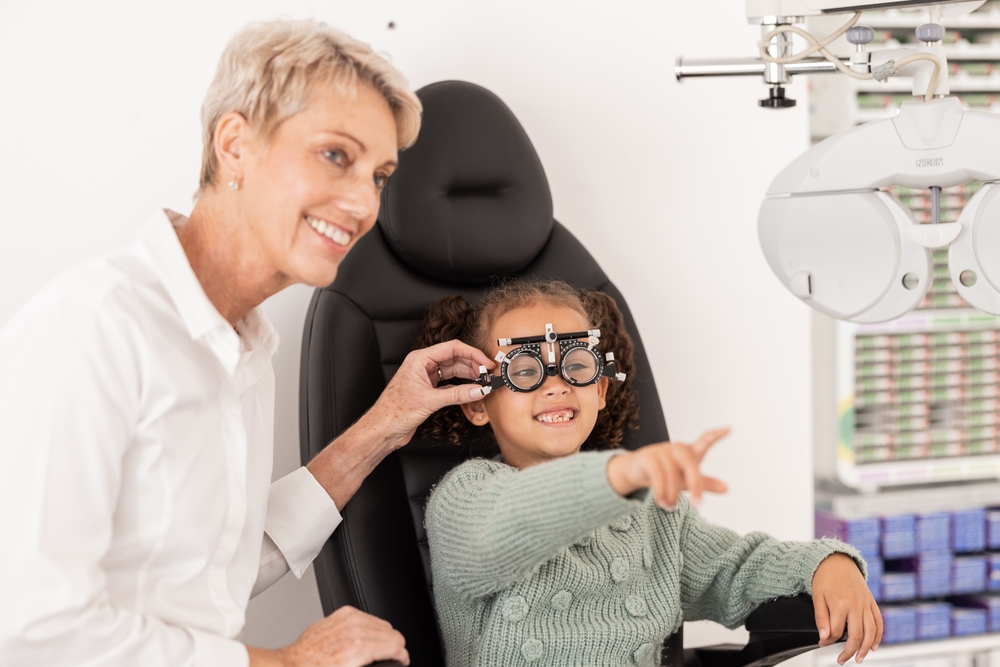
Pediatric eye exams are integral to a child's overall well-being and development. As a parent, understanding the importance of pediatric eye exams, knowing the common vision problems that children can experience, and being aware of when and how often your child should visit the optometrist, can make a significant difference in their early development.
Understanding the Role of Vision in Child Development
From infancy through adolescence, a child's eyesight influences their physical, cognitive, and social development. From the first few months, babies need to see clearly to develop coordination, depth perception, and visual memory. As they grow older, good vision becomes crucial for learning.
In school, children are constantly using their eyes to read, write, and use computers. It’s been estimated that nearly 80% of what a child learns in school is presented visually. So, if a child has undetected and untreated vision problems, it can significantly affect their educational progress. Furthermore, vision problems can also impact a child's athletic performance and self-esteem, leading to challenges in social situations.
Common Vision Problems in Children
Several common vision problems can affect children. These include refractive errors such as myopia (nearsightedness), hyperopia (farsightedness), and astigmatism, which can usually be corrected with glasses. Strabismus (crossed eyes) and amblyopia (lazy eye) are also common in children. If left untreated, these conditions can lead to severe vision loss.
Children can also suffer from color blindness, a condition where they struggle to distinguish between certain colors. In addition, some children may have difficulties with visual perception, affecting their ability to understand and interpret what they see.
The Importance of Regular Pediatric Eye Exams
Regular pediatric eye exams are crucial for early detection and treatment of vision problems. These exams allow the optometrist to evaluate not only how well your child can see but also how their eyes work together and how they process visual information. The benefits of regular visits to the optometrist go beyond merely diagnosing and correcting vision problems. They also help in evaluating a child's overall health, as some systemic diseases may present early signs in the eyes.
When Should Your Child Start Getting Eye Exams?
The American Optometric Association recommends that infants have their first comprehensive eye exam at six months. Then, additional examinations should take place at age three and just before they start school, around age five or six. These early exams are important for detecting any vision problems that could affect your child's development and learning.
After the initial exams, the frequency of your child's visits to the optometrist will depend on their individual needs and risk factors. Typically, children without vision correction needs should have an eye exam every one to two years. However, if your child wears glasses or contact lenses, or if they have a condition that affects their vision, they should visit the optometrist annually or as recommended.
Ensuring Your Child's Healthy Vision and Development
Good vision is crucial for your child's overall development. Regular pediatric eye exams play a critical role in ensuring their eyes are healthy and functioning correctly. These exams can help detect vision problems early, allowing for prompt treatment and avoiding any potential developmental or learning issues.
Prioritize your child’s vision and development by scheduling their next eye exam today, visit Hilltop Eye Center at our office in Liberty, Missouri. Please call (816) 781-0500 to schedule an appointment today.








